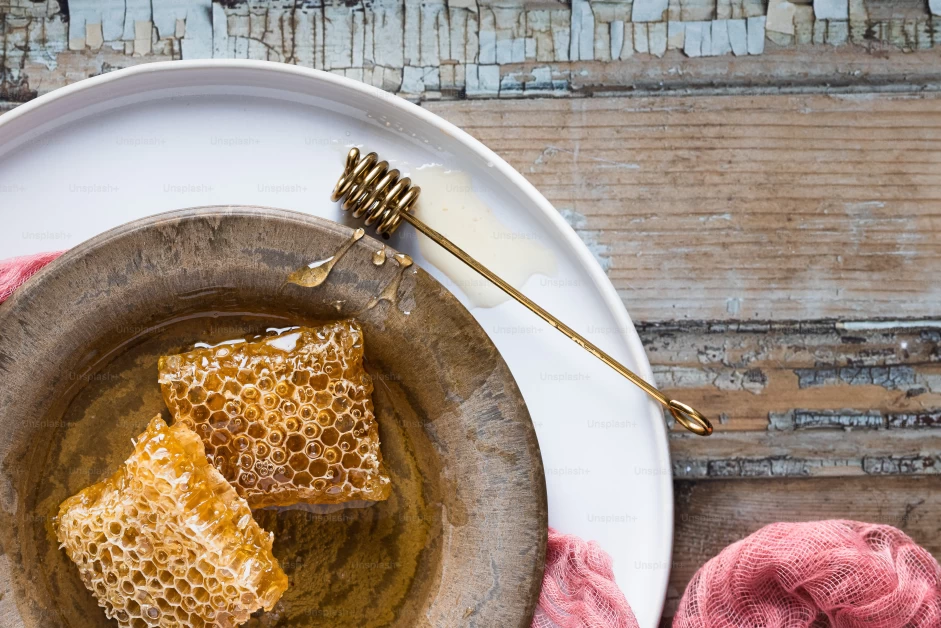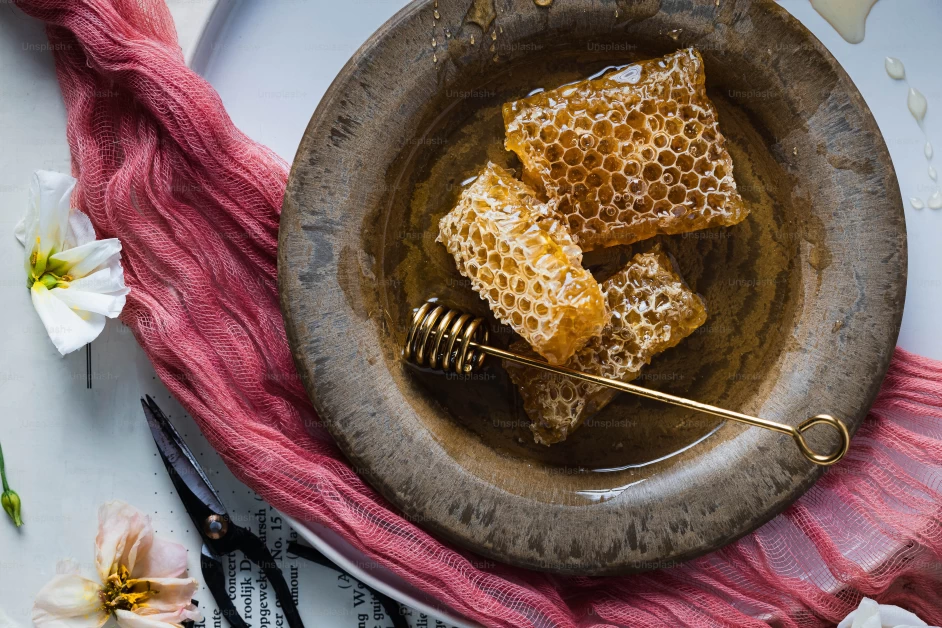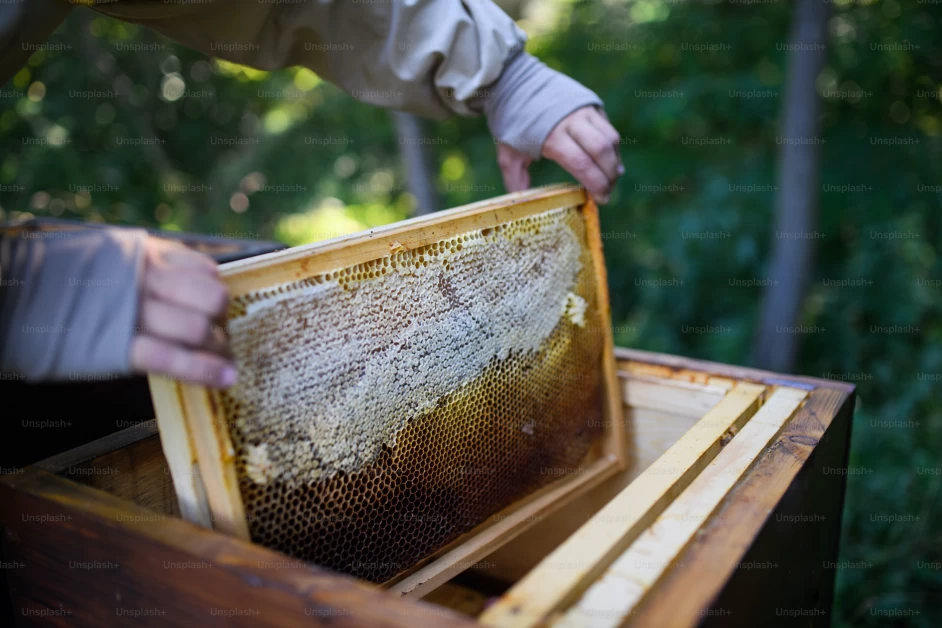Table of Contents
Introduction
β-thalassemia major is an inherited hematological disorder characterized by significant oxidative stress and iron overload. Oxidative stress can lead to various pathological complications, including cell death, tissue injury, organ dysfunction, and thyroid dysfunction. This study aims to evaluate the effectiveness of adding omega-3 and Manuka honey combination or Manuka honey alone to conventional therapy in preventing and managing oxidative stress or iron overload-induced oxidative stress conditions in pediatric β-thalassemic patients.
Patients and Methods
A total of 165 patients participated in this randomized, double-blind, standard therapy-controlled, parallel-design multisite trial. The patients were randomly assigned to three groups. Group 1 received 1,000 mg of omega-3 fish oil (350 mg EPA and 250 mg DHA) combined with a Manuka honey lozenge (344 mg) daily. Group 2 received Manuka honey alone, and Group 3 served as the control group, receiving only conventional therapy (deferasirox, blood transfusion, and L-carnitine). The treatment duration was ten months. Blood samples were collected at baseline and month 10 to measure various parameters related to oxidative stress.
Results
The combination of omega-3 and Manuka honey demonstrated significant effectiveness in reducing oxidative stress when added to conventional therapy for β-thalassemia. Here are the key findings:
Effect on Oxidative Stress Biomarkers
- The combination of omega-3 and Manuka honey significantly reduced the level of F2-isoprostane (8-iso-PGF2α) compared to the Manuka honey alone and control groups.
- The combination also exhibited an antihemolytic action, as indicated by the reduced level of lactate dehydrogenase (LDH).
- The lipid profile of the patients, including LDL-C and HDL-C, was significantly restored with the combination therapy compared to the control group.
Effect on Iron Overload
- Manuka honey enhanced the action of omega-3 in reducing oxidative stress by significantly reducing serum iron levels compared to the control group.
Conclusion
In conclusion, the results of this study indicate that the combination of omega-3 and Manuka honey is more effective than Manuka honey alone or conventional treatment alone in managing oxidative stress in pediatric β-thalassemic patients. This combination therapy shows promise in preventing and treating oxidative stress-related complications in patients with β-thalassemia major. Further research is warranted to explore the potential benefits of omega-3 and Manuka honey in this population.
For more information on Manuka honey and its potential benefits for anxiety, visit https://aboutmanukahoney.com.









